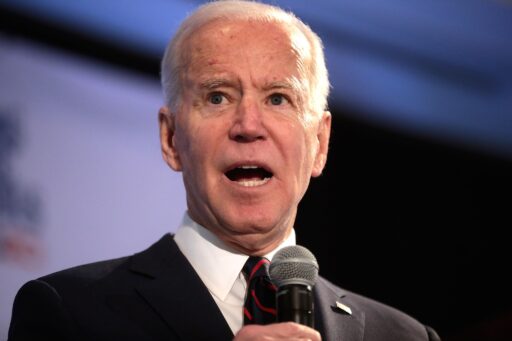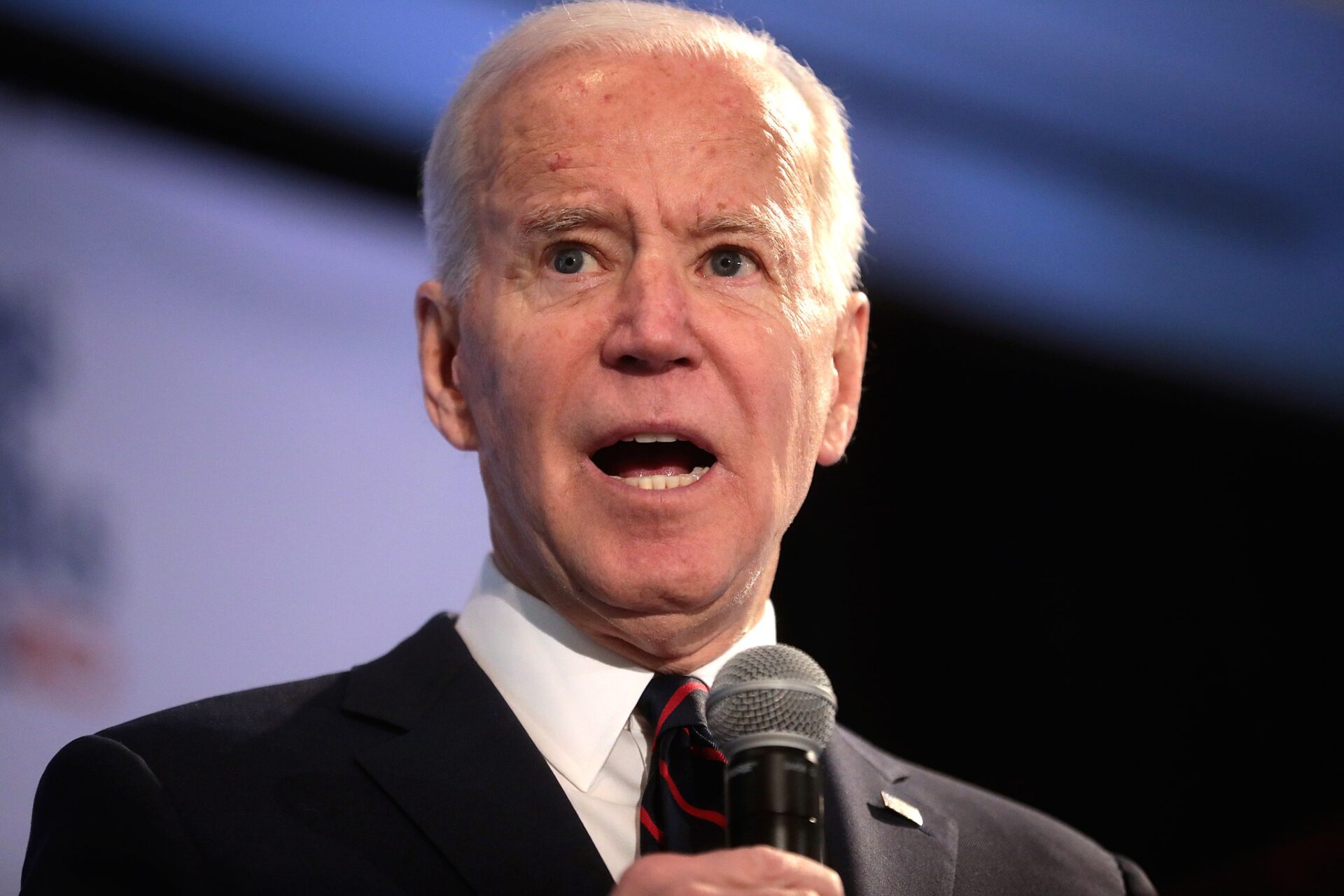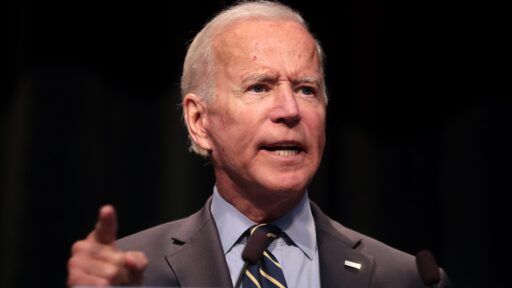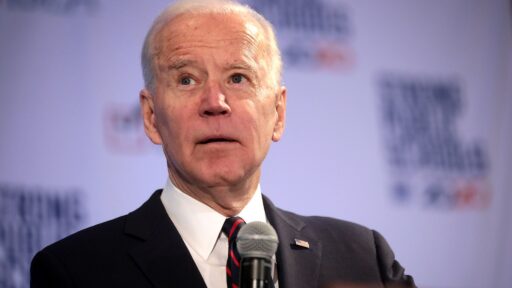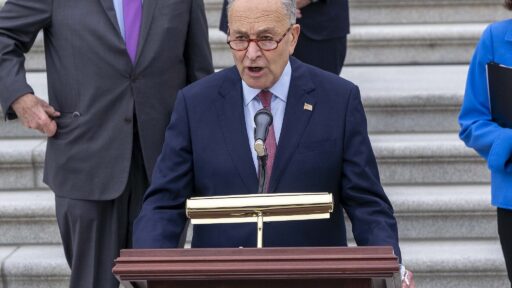Biden’s ship is clearly sinking and some Democrats want no part of it.
Senate Democrats in vulnerable positions are increasingly distancing themselves from President Biden as his approval ratings decline and polls show him trailing former President Trump in key battleground states.
Facing tough reelection battles, these Democrats are diverging from Biden on issues such as border security, liquefied natural gas exports, the Israel-Hamas conflict, and tariffs on Chinese goods. Despite Biden’s struggles, they remain competitive in the polls but fear his declining popularity might drag them down as Election Day approaches.
A Democratic senator, speaking anonymously, expressed concern over Biden’s weak poll numbers, noting that many voters view him as too old and are frustrated with the limited choices in the upcoming election. The senator highlighted that focus groups often criticize Biden’s age, which may influence undecided voters negatively.
Polls indicate that around 40% of registered voters in battleground states are dissatisfied with the presidential candidates. The senator acknowledged the problem but emphasized that it is too late to change the ticket, stating, “This is the ticket we have to get behind and we have to win with this ticket.”
Another Democratic senator pointed out that Biden’s age is a frequent concern among voters, despite Trump being only four years younger. Constituents often question Biden’s decision to run for a second term, feeling that he appears tired.
The high cost of living, including housing and everyday goods, is another issue Biden faces. Voters are particularly shocked by rising prices, such as a gallon of paint now costing $55, which reflects broader economic dissatisfaction.
A New York Times/Siena College poll revealed Biden trailing Trump in Arizona, Georgia, Michigan, Nevada, and Pennsylvania, while tied in Wisconsin. However, Democratic Senate candidates are leading their Republican opponents in several of these states, suggesting they are successfully differentiating themselves from Biden.
Sen. Jacky Rosen of Nevada, narrowly leading her Republican challenger, has distanced herself from Biden on issues like the U.S. stance on Israel. Emphasizing her bipartisan and independent record, Rosen downplayed Biden’s poor poll numbers, describing them as “just a snapshot in time.”
Sen. Bob Casey of Pennsylvania, also diverging from Biden on key issues, leads his opponent in the polls. Casey disagreed with Biden’s policies on liquefied natural gas exports and arms transfers to Israel, insisting that early polling is of limited value.
In states like Montana and Ohio, where Trump leads significantly, Biden’s unpopularity poses a greater challenge for Democrats. Sen. Jon Tester of Montana and Sen. Sherrod Brown of Ohio have both highlighted their independent records and legislative achievements to separate themselves from Biden’s political liabilities.
Tester, for instance, has criticized the administration’s handling of border security and co-sponsored the Laken Riley Act, which mandates the detention and deportation of immigrants committing crimes. Brown has urged stronger measures against Chinese imports and supported extending Title 42 to address border issues.
Despite their efforts, Republicans argue that distancing from Biden will not be enough to save vulnerable Democrats in the upcoming elections. National Republican Senatorial Committee Chair Steve Daines emphasized that Biden’s historically low favorability is a significant problem for Democrats.
Senate Majority Leader Chuck Schumer remains optimistic, believing that the strong candidacies and accomplishments of Senate Democrats will help them prevail despite Biden’s challenges. He noted that Democratic candidates are running ahead in battleground states by focusing on their legislative successes rather than Biden’s personal negatives.


